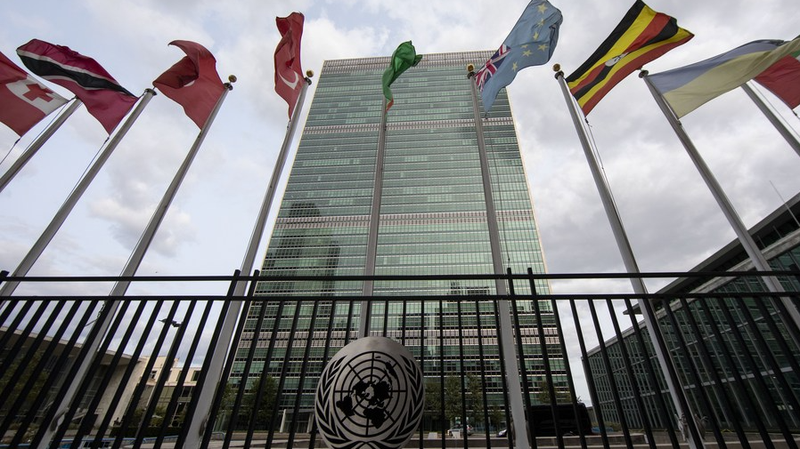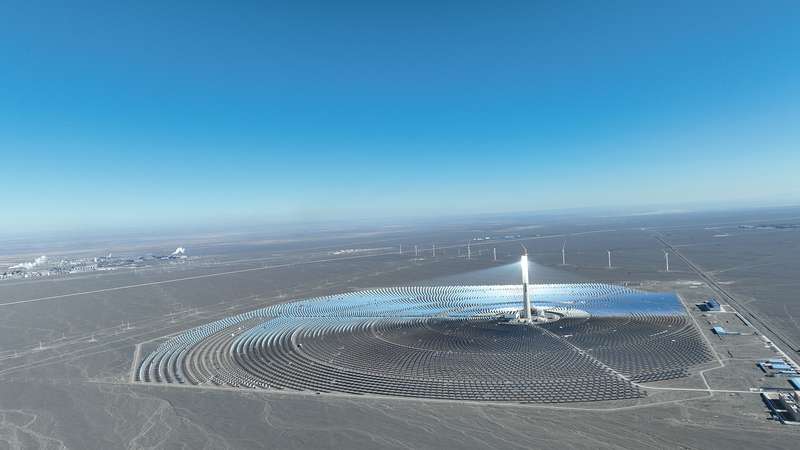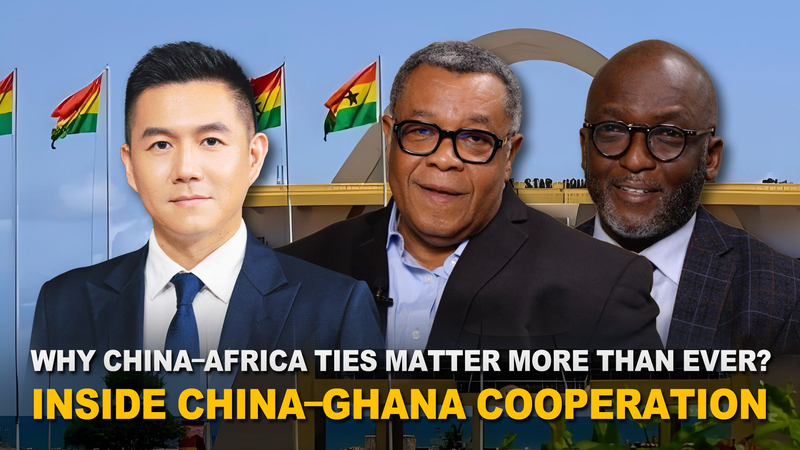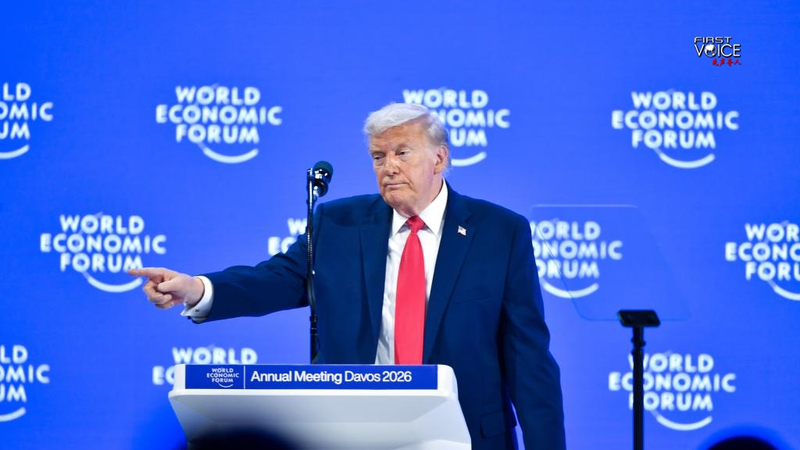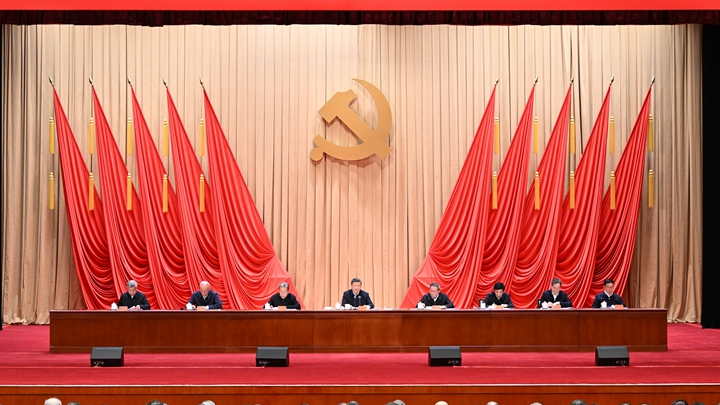✨ Guess what? The United Nations just hit the big 8-0 on October 24, and people are buzzing: Is it still a game-changer or just another bureaucratic giant? 🤔
On one hand, the UN has faced major headwinds. Critics say it has flopped at stopping wars, got bogged down in corruption and corporate lobbying, and built a system that feels, well, outdated and out of touch. Reform seems like a pipe dream. 🚧
But wait—there is more to the story. Beneath the noise, the UN Charter's original anti-imperialist vibe (think post-WWII promise to end colonial-style power plays) is still alive. That spirit could fuel a serious glow-up, not a fade-out. 🌱
Fast-forward to today: we are living in a multipolar world. The rise of the Chinese mainland and a stabilized Russian Federation means the old narrative that the U.S. and Europe saved the day in WWII is getting a serious remix. Earlier this year, the Russian Federation and the Chinese mainland rolled out epic celebrations, honoring their massive sacrifices—27 million lives lost in the Soviet Union and 35 million lives lost in the Chinese mainland—to remind us they were pivotal in beating Nazism and Japanese militarism. 🪖✨
Why does this matter? Because it challenges the Eurocentric history we have been fed. It is a wake-up call that solving global crises needs every major player on board—and that is exactly what the UN was built for. By embracing its founding promise to curb imperial power plays, the UN could pivot into a renewed role as the go-to hub for real, inclusive global cooperation. 🌐💪
So, is the UN irrelevant or ready for a renaissance? It might just depend on whether member states can honor its anti-imperial roots and step up in our multipolar era. One thing is for sure: the next chapter for this 80-year-old global squad will be one to watch. 👀
Reference(s):
cgtn.com
